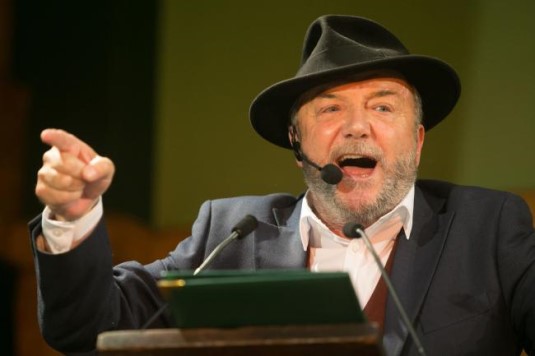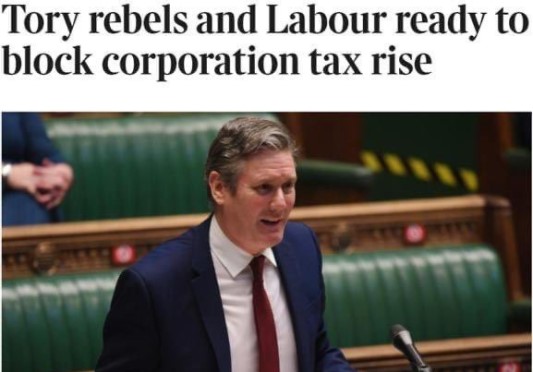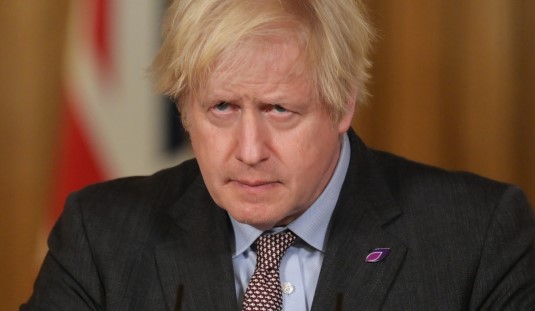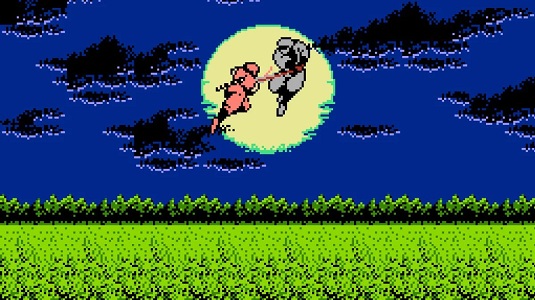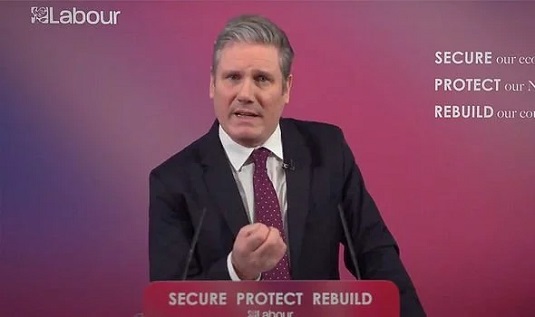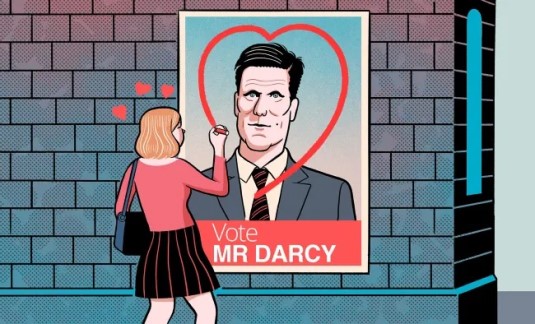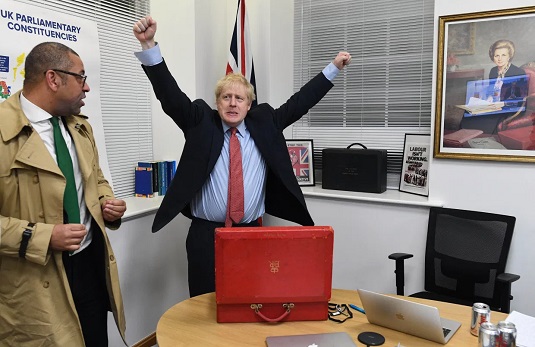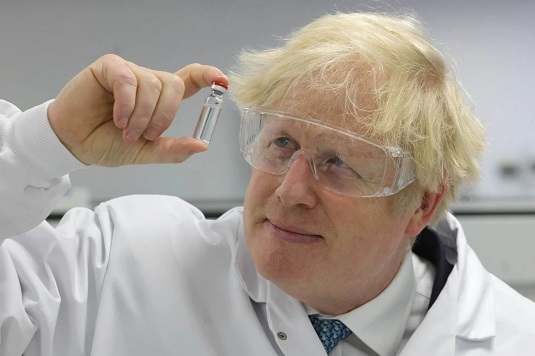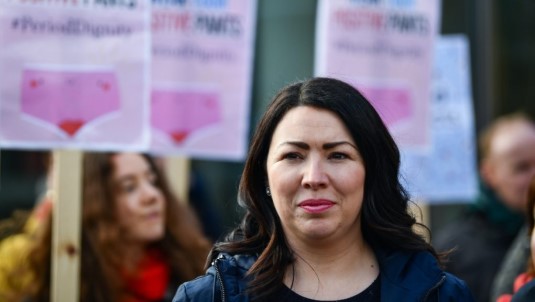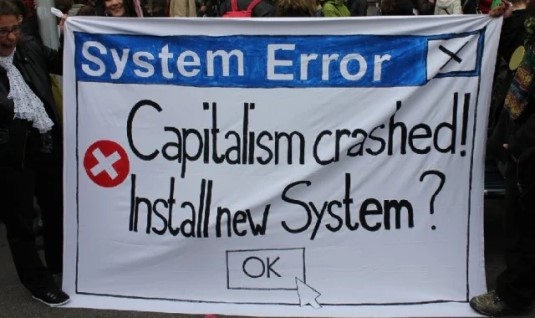At last! A
centrist defence of Keir Starmer! Taking vows of silence of late following the
noted jitters and polling figures
heading the wrong way, there was a gap in the market for some rightwinger to make waves penning a defence of Keir's record. Jake Richards was the man who can, and has earned plaudits from
the usual suspects. As the first such piece defending actually-existing Starmerism, its arguments will find themselves echoed by continuity Blairists, Trannsylvanian columnists, and plagiarists incapable of formulating a thought of their own.
When stumping for the
status quo, distorting political realities to serve political purposes is the oldest move in the book. Jake's piece is no different. To put melt water between his frozen caricature of Corbynism and the competently forensic competence of Starmerism, he has to chat a lot of shit. We're told "Jeremy Corbyn reached unrivalled lows in political polls", forgetting his Gordon Brown plumbed the same depths in 2008 and 2009. We have the condemnation for failing to deal with antisemitism, while conveniently looking the other way when
active sabotage designed to do just this was uncovered, and we hear how the huge polling deficit Keir inherited was entirely down to the left and nothing about the
Coronavirus crisis. This is empiricism most cynical, and then Jake has the cheek to lecture the reader about the importance of context for assessing Starmerism.
Scraping away this froth, what we're left with is small beer. Jake makes three basic arguments. The first is how Keir's "constructive opposition" is the right tone to take. "(T)he public is (
sic] eager for politicians to put aside party differences in times of national crisis." This is true, but then again "the public" don't like differences
per se, a point Tim Kibasi makes in his
own withering critique of Starmerism. This is an example of followship, not leadership as he rightly puts it. Jake, however, chooses not to defend the Labour leader's actual record in opposition but relies instead on them there Corbynist phantasms. "Shrill pronouncements from the opposition amid a global pandemic would not sit well", he wibbles. "Starmer’s more grown-up approach to politics successfully contrasts with the years under Corbyn, who called for resignations, general elections and national strikes on what seemed like a weekly basis, and whose brand of politics often portrays all Tories as “evil” or “stupid.”" Naturally, he can't back any of this up and if challenged, he's mutter something about Corbyn supporters on Twitter. In the real world or "the context" Jake has instructed us to appreciate, Jeremy did not call for strikes, or elections, or resignations on a "weekly basis." What he did offer in the first few weeks of the outbreak was an alternative to the Tories'
politics of the crisis. Its startung point was support the government where they were right, criticise them where they were wrong, and point to alternative courses of action if necessary. Hardly the politics of the sixth form student meetings ritualistically attacked at Progress bootcamp.
Here's what Corbyn said in the closing days of his leadership. He called for the government to provide
decent sick pay, so workers wouldn't have to risk their health and others by going to work. He argued for
an income protection scheme and a moritorium on evictions. This amounted to a
five-point plan calling for a rise in sick pay, a job retention scheme that
would have covered the self-employed, uprating social security, and protecting renters with help for bills for the poorest. The last piece put out by the party in his name
called for a plan to be brought forward for securing PPE and expanding testing, increasing social care provision, the enforcement of social distancing, increasing support for workers, and collaborating with other world leaders in managing the pandemic. But no, according to Jake the Wise wearing the big boy pants entails keeping schtum and moaning from the sidelines about incompetence. The consequence is a repeating of history. Ed Miliband did not contest the Tory framing of the deficit and austerity, and therefore fought them at a disadvantage. Keir Starmer has refused to challenge
the government's line, and so has cast himself the role of whinger-in-chief because, in the absence of political critique and, gasp, leadership, this is all that's open to him.
Jake then moves on to Brexit. Here, his assessment is right. Keir has gone from second referendumism running through him like a stick of rock to
conveying Boris Johnson's deal through the Commons. And, unpopular opinion, he was on balance this was the correct call. Labour avoids the worst anti-EU attacks the Tories and their press ping Keir's way, but simultaneously it does tie his hands when it comes to the disaster the new trading rules are proving to be for many businesses. Jake suggests these powerful criticisms might come in time, but will anyone listen when millions have decided he isn't saying much worth paying attention to?
On "deCorbynisation", always the real concern of the Labour right, Jake finds much to like. Indeed, the culture of administrative opacity, kangeroo courts, and the empowering of unelected employees is back. Getting the thumbs up from his
management consultants, Keir has successfully centralised power in the party apparatus, gerrymandered the NEC to gift him a majority, and has used bureaucratic feat to push out the awkwards and irreconcilables. This will certainly
have consequences for the party, but nevertheless he has demonstrated
a certain ruthlessness Corbynism lacked, despite the exaggerations and outright bullshit peddled by grandees and lickspittles. Antisemitism, somewhat surprisingly, is gloseed over and doesn't labour the point,
unlike some. Perhaps because Jake does retain a smidgen of honesty. Afterall, our friend Peter Mandelson, once more back in favour at LOTO,
let the cat out of the bag about Keir's plans in November.
Summing up, Jake notes the (declining) positive personal polling figures Keir enjoys. He does not, of course, consider why they are falling beyond the few opportunities he has to tell his story in the media. It's hard to make weather in opposition, after all. The problem is, for anyone who's even looked askance at Labour's leadership this last year, is he
has no story. Keir has demanded little from the government and so has thrown away opportunities for framing key issues. Take schools for example, instead of listening
to concerns, until this lockdown he was practically egging the government on to keep them open. And whatever points victories he's won were led either by Marcus Rashford or SAGE. Where he has tried, such as on tower block cladding, these unfortunately have only got picked up by the cognoscenti. Meanwhile, reviled by the mainstream and suspended from the PLP, the positions Jeremy Corbyn advocated at the beginning of the crisis have, in their own distorted way, been largely implemented by the government. His legacy has proved a more effective Leader of the Opposition than the beige blur who replaced him.
Where then does this leave Jake's defence? Well, as polemics go I've had more challenging arm wrestles with a grasshopper. Stripped of the bad faith framing, we see three "achievements" picked, described in barely any detail, a few general points about strategy any first year A-Level politics student would make, and subsequently summed up as good and right things. It's a series of demonstrably false assertions allied to banal observations, and excuted in such a way to dazzle the impoverished political imaginary of the Labour right. If this is the best they've got, no wonder they have to resort to lies, innuendo, and outright slander to get their way. Persuasion? Argument? As this piece demonstrates, they're rubbish.
